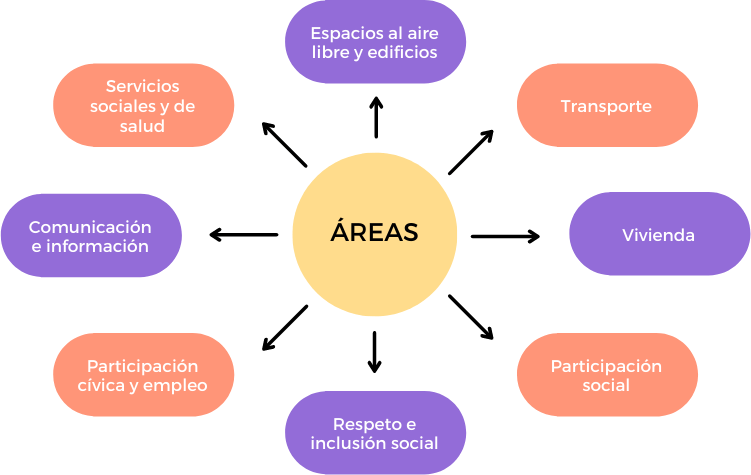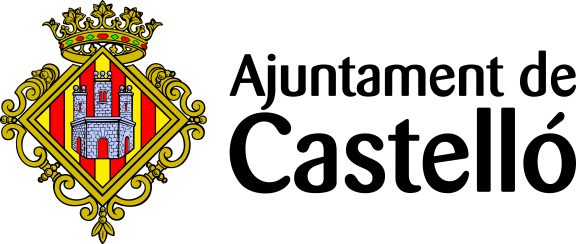Castelló. Friendly City for the elderly
Project
Diagnostic study of Castelló as a friendly city for the elderly.
Castelló City Council has been part of this network since 2014, the year in which it applied for membership. In 2016, it signed a collaboration contract with the Universitat Jaume I (UJI) to carry out the project "Castelló. Friendly city with the elderly" project. The objective was to develop a first diagnosis of the capital of Castellón as a city friendly to the elderly, develop and implement an action plan based on the results and evaluate the effectiveness of this through various indicators. Some of the proposals carried out were the placement of accessible public toilets in the city, the offer of cooking and nutrition courses and a free psychological counselling service for the elderly, among others. This first action plan ended with a high degree of achievement of objectives.
A second cycle of the project will begin in 2022, thus following the WHO guidelines for continuous improvement. For its implementation and coordination, a working group will be formed composed of representatives of the City Council of Castelló, the directors of the Cuatroochenta Chair and research staff of the machine learning research group GIANT, as well as representatives of the group of elderly people.
Initial diagnostic phase
First of all, an evaluation of the city of Castelló de la Plana will be carried out to prepare a diagnostic report that will allow knowing the weak points and specific advantages of the city in terms of its friendliness towards the elderly. For this purpose, the Vancouver Protocol will be used in its adaptation to the Spanish context, developed by the WHO in the framework of the project "Age-Friendly Cities and Communities". This protocol proposes the collection of qualitative information on eight central areas.

Joint Análysis of the information
The information obtained through both methodologies will be analyzed jointly, which will result in a diagnostic report and, in particular, the knowledge of the following aspects:
- The detection of weaknesses and problems.
- The detection of strengths and opportunities.
- The approach of improvement possibilities.
- The elaboration of a list of evaluation indicators.
Citizien participation as a fundamental pillar
It should be noted that one of the central axes of the project has to do with the cross-cutting participation of the elderly during all phases, both in the development and implementation of the action plan, as well as in its subsequent evaluation. The first diagnostic phase of the project "Castelló. City friendly with the elderly" project, will be carried out before 2023.
Project funded by the City Council of Castelló de la Plana, the World Health Organization (WHO) and the Global Network of Friendly Cities and Communities. Execution period: from 15/06/2022 to 30/11/2022.
